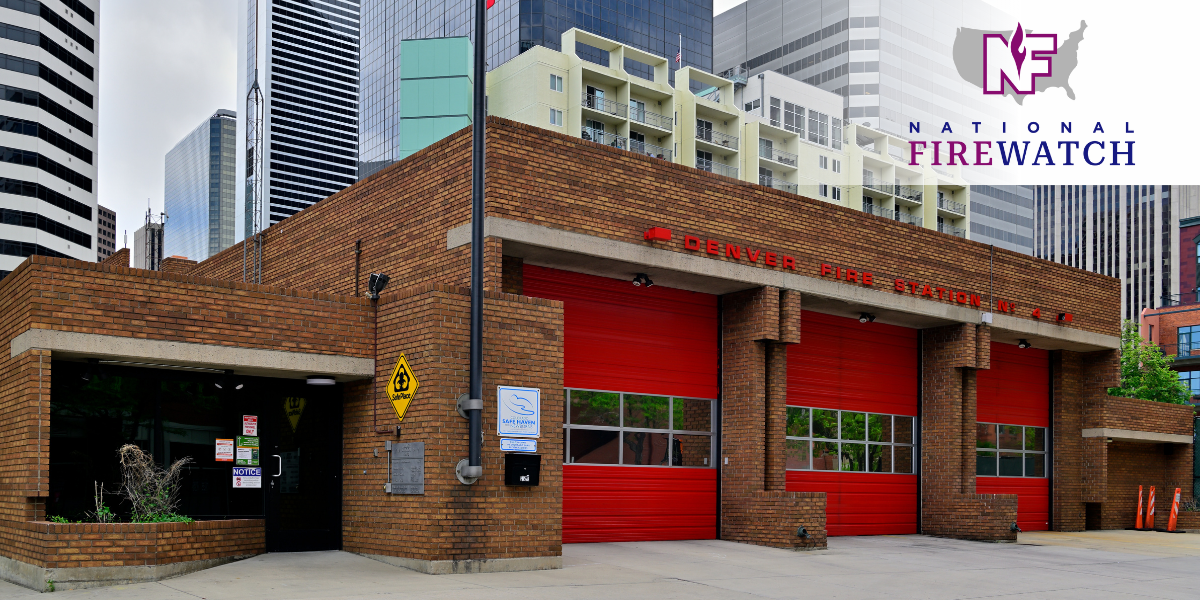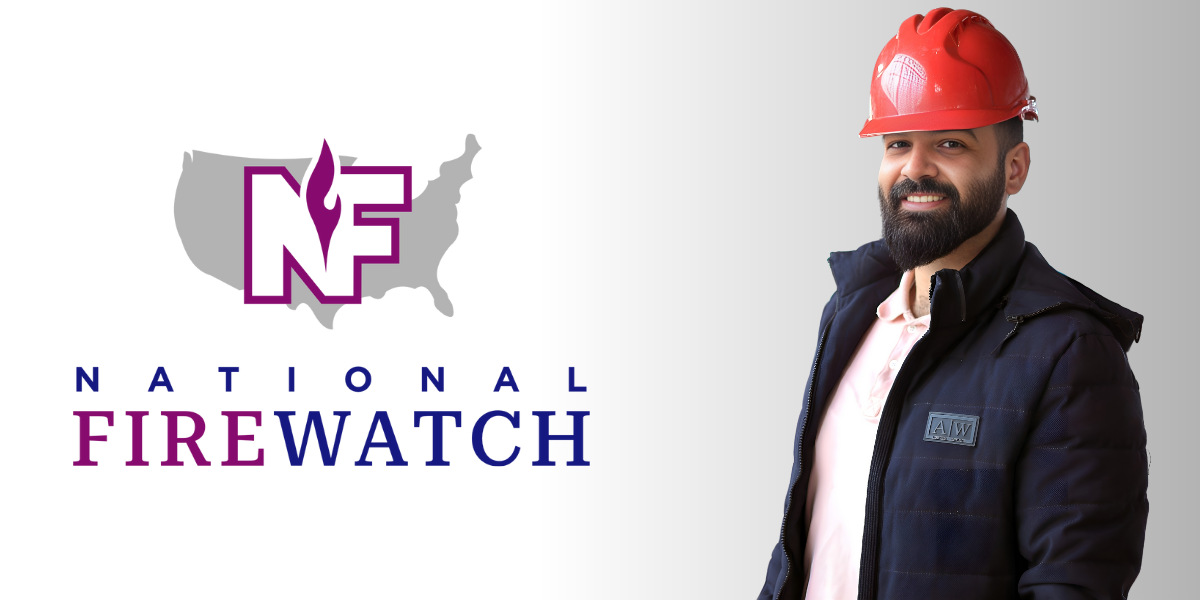Starting December 31, 2025, the City and County of Denver will implement a revised Building and Fire Code that brings notable changes for building and facility managers, particularly regarding fire watch obligations. With safety and prevention as key drivers, these updates reflect a city-wide effort to modernize regulations in line with evolving urban risks and growth. Residential, healthcare, and construction teams can expect to feel the effects of these changes immediately in the new year.
Similar code updates are underway across the country as states and municipalities address growing concerns about wildfires, arson, and liability. Folks in Denver and Colorado should take note of the upcoming changes as they will affect you directly; readers from other parts of the country can expect new codes like this in the near future as well. We’ve put together this short read to help people in our network navigate the upcoming changes and plan for increased fire watch requirements in 2026.
Fire Watch in Focus
One of the most critical areas impacted by the new code is fire watch compliance. Under the updated legislation, any building that temporarily loses its fire protection systems, such as alarms or sprinklers, must establish a documented, continuous fire watch. This shift significantly raises the bar for what qualifies as adequate fire safety coverage.
Previously, fire watch requirements were less specific and often left to interpretation. The 2025 code now mandates clearer responsibilities, including the use of trained personnel, the maintenance of detailed activity logs, and coordination with the Denver Fire Department (DFD) before, during, and after any system impairment.
Implications for Building and Facility Managers
Building managers and facility supervisors must now re-evaluate their emergency protocols to ensure compliance by 2026. This includes identifying fire watch vendors with properly trained personnel, implementing pre-approved reporting formats, and scheduling fire safety audits as part of regular operations.
For residential buildings in particular, the stakes are even higher. The updated code prioritizes life safety and risk mitigation, requiring property owners to plan proactively for periods of system downtime, renovations, or high-occupancy events. Whether due to construction, maintenance, or emergency repairs, any lapse in fire system coverage could now legally obligate managers to initiate a qualified fire watch.
Documentation and Training
Detailed documentation is another pillar of the revised code. Logs must include timestamps, patrol routes, incident reports, and proof of personnel qualifications. Managers should start developing internal documentation systems or invest in digital platforms that streamline compliance.
Furthermore, anyone tasked with fire watch duties must meet new qualification standards. Training requirements may vary depending on building occupancy, use case, and fire risk, but the message is clear: professional oversight is no longer optional.
Plan Now for 2026 Compliance
While the updated fire code doesn’t officially take effect until the end of 2025, now is the time for proactive planning. Denver-based building and facility managers should begin conducting gap analyses and revising emergency response strategies. Choosing compliant fire watch providers, educating tenants, and maintaining open communication with DFD are smart first steps.
These changes reflect Denver’s commitment to modern, resilient infrastructure and enhanced public safety. The impact on fire watch policies is significant, but with early action, building managers can navigate the transition smoothly and confidently.
Building managers and facility supervisors must now re-evaluate their emergency protocols to ensure compliance by 2026. Key steps include:
- Partner with Qualified Vendors: Identify fire watch vendors who provide trained and certified personnel familiar with Denver’s revised requirements.
- Implement Approved Documentation Systems: Adopt reporting formats that align with DFD expectations, including digital logs and real-time updates.
- Conduct Fire Safety Audits: Schedule routine audits to identify vulnerabilities in your current fire safety procedures and address gaps.
- Prepare for Residential Building Requirements: Ensure protocols are in place for fire watch activation during high-risk periods, particularly in residential buildings where occupant safety is paramount.
- Create Proactive Fire Watch Plans: Plan ahead for system downtimes during renovations, maintenance, or emergencies to avoid code violations.
- Coordinate with DFD: Maintain open communication lines with the Denver Fire Department for approvals, updates, and compliance support.
Contact National Firewatch
National Firewatch has been proud to deploy guards in Denver and across Colorado since 2010. As proud members of The Guard Alliance, we have access to local guard teams that can deploy within hours to ensure your property stays safe, compliant, and operational.
If you need emergency fire watch guards on site today, please contact us immediately.


